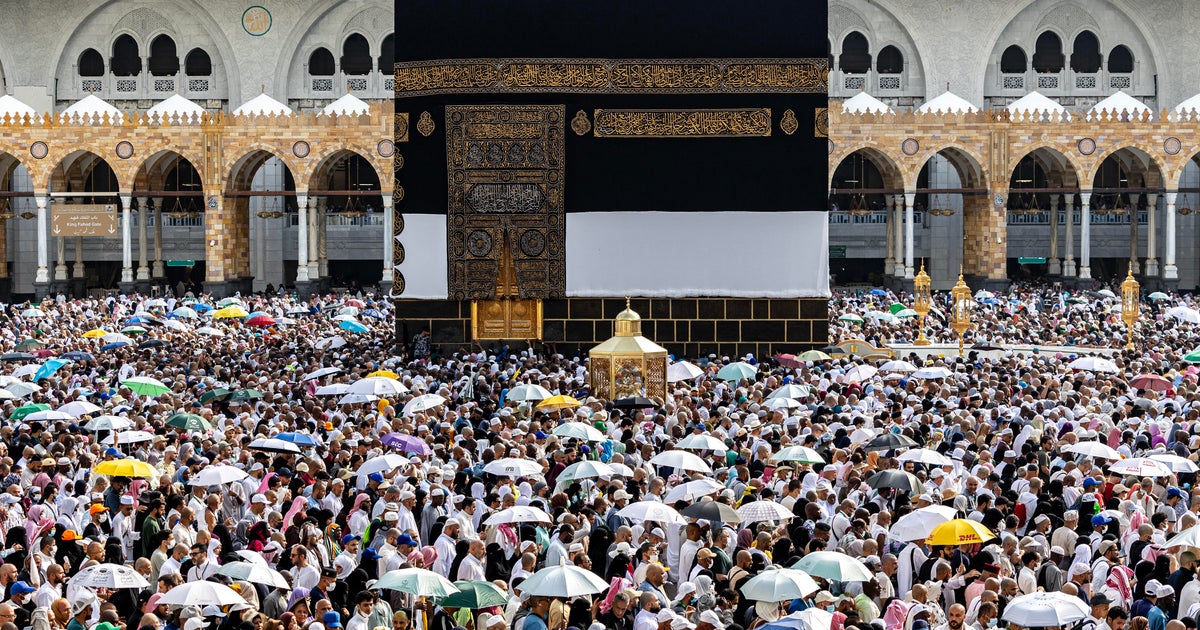
During the 2024 Hajj pilgrimage, hundreds of pilgrims lost their lives due to various reasons, primarily heat-related illnesses. According to reports from multiple sources, including two Arab diplomats and various foreign ministries, at least 550 people have died during the event. Among them were 323 Egyptians and six Jordanians. The Egyptian deaths were mostly attributed to heat-related causes.
The extreme temperatures in Mecca reached as high as 51.8 degrees Celsius (125.2 Fahrenheit) in the shade at the Grand Mosque, posing a significant danger to pilgrims performing their religious duties.
A study published in Geophysical Research Letters warned that rising global temperatures may outpace strategies to cope with the heat during hajj. Another study by the Journal of Travel and Medicine suggested that climate change could exacerbate the risks for pilgrims in arid Saudi Arabia.
The Jordanian foreign ministry reported 41 burial permits issued for Jordanian pilgrims, while Iran's IRINN news outlet reported 11 Iranians had died and 24 were hospitalized during the hajj. Three Senegalese citizens also lost their lives during the pilgrimage.
The Saudi health ministry treated over 2,700 pilgrims for heat-related illnesses. Despite these challenges, many pilgrims continued to perform their religious duties with determination and resilience.
The hajj is an essential part of Islam and involves millions of Muslims traveling to Mecca to perform specific rituals as instructed by the Prophet Muhammad over 14 centuries ago. The event ended on Wednesday, marking the completion of a once-in-a-lifetime duty for able-bodied Muslims who can afford it.




